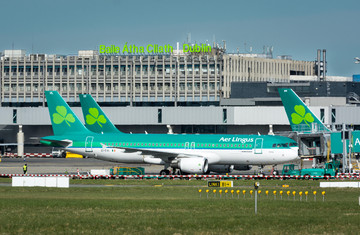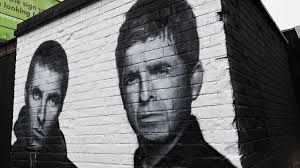News
Ireland Unveils Scale of Abuse in Religious Schools: 2,400 Allegations Revealed
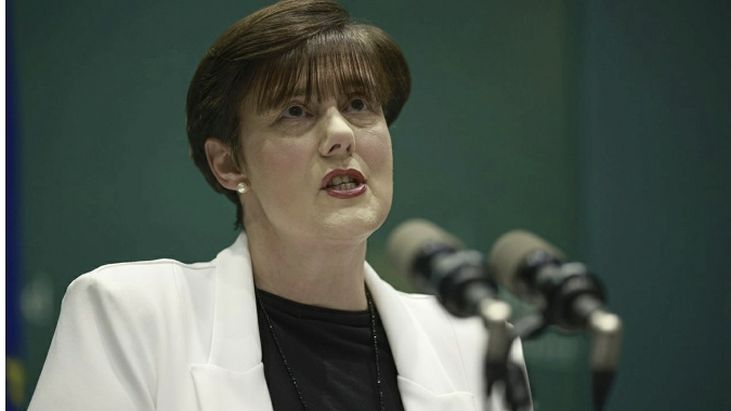
A government-commissioned report has revealed nearly 2,400 allegations of sexual abuse across more than 300 schools run by religious orders in Ireland. This marks the first time the extent of abuse has been publicly disclosed, with Education Minister Norma Foley describing the findings as “truly shocking.”
The report, a “scoping inquiry” led by lawyer Mary O’Toole SC, uncovered that 884 individuals were accused of abuse within 42 religious orders, which either currently or formerly managed schools in Ireland. More than half of these accused individuals are now deceased.
The report, published on Tuesday evening, showed that religious orders and the schools themselves were the primary sources of data on these allegations. A total of 2,395 allegations of sexual abuse were recorded across 308 schools, but the report cautioned that the actual number of incidents is likely higher, as abuse is often under-reported.
Special schools were notably affected, with 590 allegations recorded in 17 institutions involving 190 alleged abusers. The survivors recounted harrowing experiences, with 149 providing interviews or written submissions to the inquiry. The abuse often occurred in classrooms, dormitories, sports facilities, and during extracurricular activities, and was frequently accompanied by extreme violence.
Victims described the pervasive power of the Catholic Church during that time, which they said silenced them and made them feel unable to confide in anyone, including their own parents.
In response to the report, the Irish government has agreed to launch a full statutory investigation to further probe the extent and impact of these abuses.
News
Russia killed opposition leader Alexei Navalny using dart frog toxin, UK says
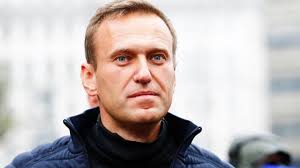
The United Kingdom and several European partners have pointed to new forensic findings as they renew efforts to seek clarity over the death of Russian opposition leader Alexei Navalny two years after he died in a Siberian penal colony.
Addressing delegates at the Munich Security Conference, UK Foreign Secretary Yvette Cooper said scientific analysis had detected epibatidine — a potent toxin associated with dart frogs — in samples taken from Navalny’s body.
She noted that the nature of the substance suggested it could only have been deployed by actors with significant capability, adding that the circumstances of Navalny’s imprisonment made the finding particularly concerning.
Moscow has dismissed the conclusions, with state outlet TASS describing the allegations as part of an “information campaign”.
However, a joint declaration from the UK, Sweden, France, Germany and the Netherlands emphasised that the toxin is not naturally present in Russia and is typically linked to certain wild amphibians found in South America.
On the sidelines of the conference, Cooper met Navalny’s widow, Yulia Navalnaya, as international partners reaffirmed their support for continued investigation.
The UK has also notified the Organisation for the Prohibition of Chemical Weapons regarding what it described as a potential violation of the Chemical Weapons Convention.
Prime Minister Keir Starmer praised Navalny’s determination and courage, saying his work continues to inspire efforts in defence of democratic values.
French Foreign Minister Jean-Noël Barrot also paid tribute, noting Navalny’s role in advocating for a more open political future.
News
Ukraine’s ex-energy minister detained while attempting to leave country
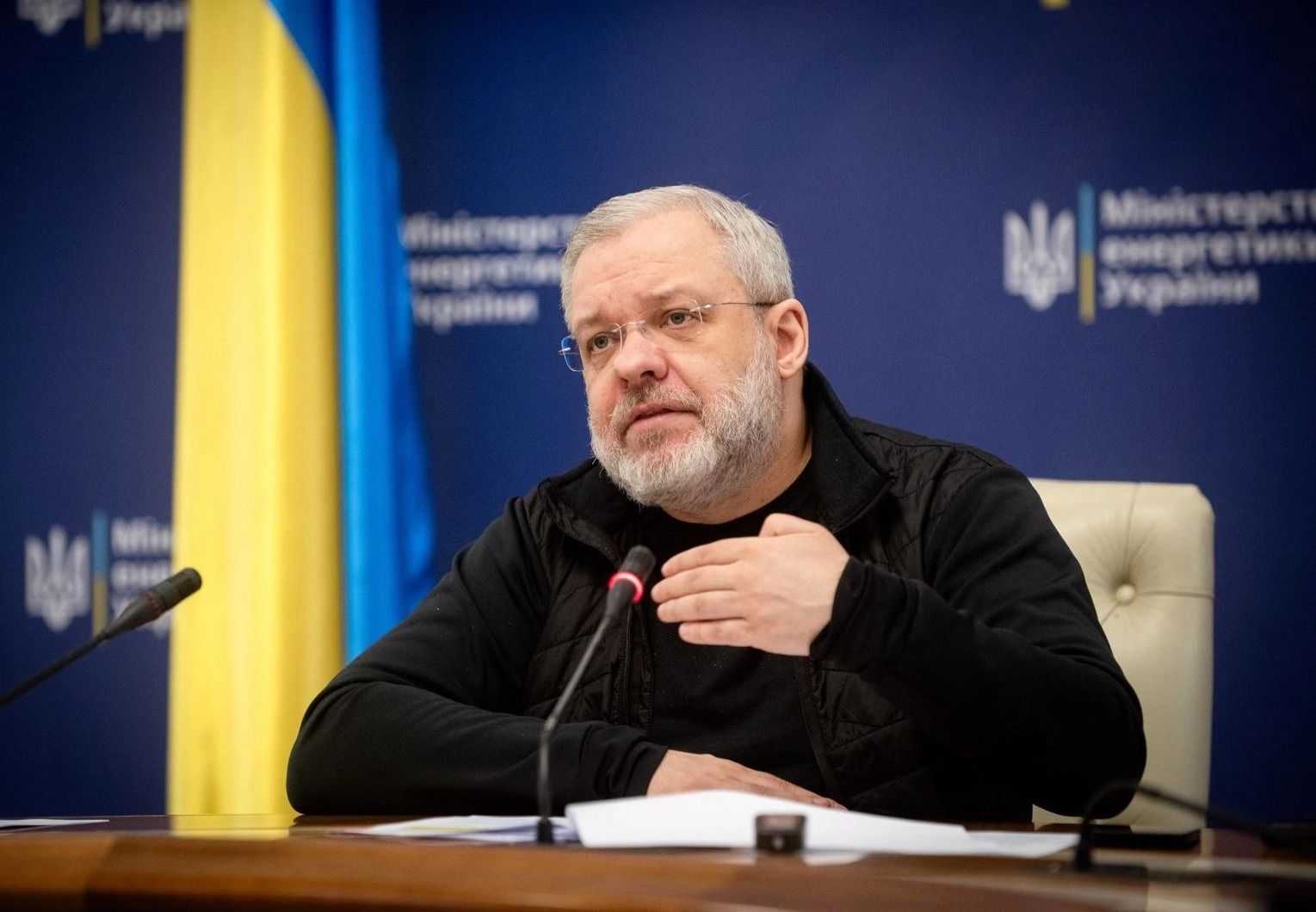
Ukrainian authorities have taken decisive action in their ongoing anti-corruption efforts after a former energy minister was detained while attempting to leave the country.
Investigators from the National Anti-Corruption Bureau of Ukraine confirmed on Sunday that the former minister was intercepted while crossing the state border as part of the sweeping “Midas” investigation into alleged financial misconduct in the energy sector.
Although officials did not formally name him, prominent Ukrainian media identified the detainee as German Galushchenko, who left government last November following allegations tied to a reported $100m (£75m) embezzlement scheme.
The case represents a significant step in Ukraine’s commitment to transparency under President Volodymyr Zelensky, whose administration rose to power pledging to confront corruption even amid the pressures of Russia’s full-scale invasion.
The investigation has also touched senior figures, including former chief-of-staff Andriy Yermak, who resigned after his residence was searched. Importantly, neither Zelensky nor Yermak has been accused of wrongdoing.
Authorities say the Midas operation follows 15 months of detailed work by anti-corruption bodies, including cooperation with the Specialised Anti-Corruption Prosecutor’s Office. The probe focuses on suspected irregularities involving Ukraine’s state nuclear operator Energoatom.
Investigators allege that individuals linked to the scheme may have received kickbacks ranging from 10% to 15% of contract values from contractors. According to officials, funds were then laundered and transferred abroad.
Reports from Radio Free Europe indicate that the former minister is being transported to Kyiv for further questioning after border authorities were instructed to notify investigators if he attempted to depart the country.
The probe has already resulted in arrests, including former deputy prime minister Oleksiy Chernyshov on suspicion of illicit enrichment. Meanwhile, businessman Timur Mindich — associated with Zelensky’s former television production company Kvartal 95 — reportedly left Ukraine after being named as a suspect.
Despite the seriousness of the allegations, the developments signal continued institutional resolve to safeguard public resources — particularly vital as Ukraine works to maintain energy resilience during sustained attacks on infrastructure.
News
Havana’s Iconic Cigar Festival Postponed Amid Deepening Energy Crisis
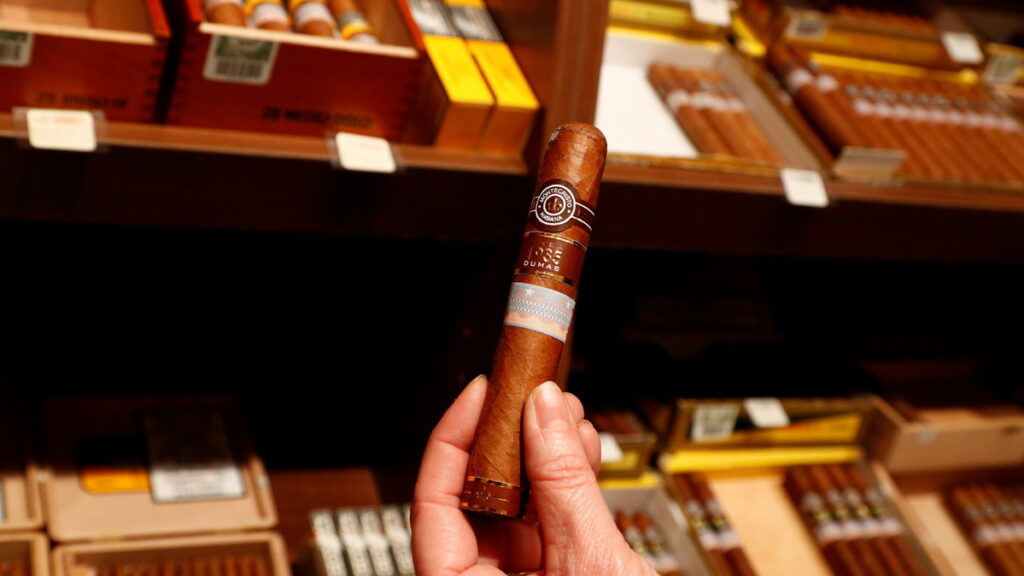
Cuba has postponed its annual cigar festival in Havana, citing a worsening fuel shortage that officials say has been intensified by US restrictions on oil supplies to the island.
The organising committee of the Festival del Habano announced on Saturday that this year’s event — originally scheduled to take place over five days in late February — would be postponed until further notice.
In a statement, organisers said the decision was driven by the “complex economic situation” facing the country, which they linked to the long-standing US economic, commercial and financial embargo.
The fuel shortage has triggered widespread power cuts across the Caribbean nation, affecting homes, infrastructure and essential services. The situation has been further strained by US actions targeting oil shipments from Venezuela, one of Cuba’s closest allies and a key energy supplier.
In addition to electricity disruptions, Cuba is also experiencing a shortage of aviation fuel. Several airlines have suspended services to the island, while some governments, including the UK, have issued warnings against non-essential travel.
The Habano Festival is one of Cuba’s most prominent international events, attracting more than 1,300 visitors from around 70 countries each year. Attendees typically take part in cigar tastings and tours of tobacco plantations and factories, showcasing what are widely considered some of the world’s finest cigars.
Cuban cigars remain illegal in the United States due to longstanding trade restrictions.
With international tourism already limited by the embargo, organisers said they would wait until conditions improve before setting a new date for the festival.
“The priority of the Habano Festival is to offer its participants a comprehensive experience at the height of the relevance and prestige that this event represents internationally,” the organising committee said.
“The postponement of this celebration is a measure aimed at protecting this experience.”
Cuba’s energy situation has deteriorated in recent weeks, with reports of power cuts lasting up to 18 hours a day in some areas, affecting hospital emergency wards, dialysis services and water pumping systems.
US President Donald Trump has urged Cuban leaders to “make a deal” or face unspecified consequences, while UN human rights experts have criticised Washington’s restrictions on Cuba’s oil imports as an “extreme form of unilateral economic coercion.”
-
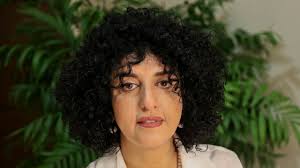
 News1 week ago
News1 week agoIranian Nobel Laureate Faces New Sentence as Support and Global Scrutiny Intensify
-

 News1 week ago
News1 week agoRussia Identifies Suspects in Shooting of Senior General
-
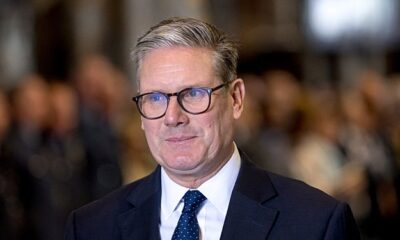
 News7 days ago
News7 days agoStarmer Vows to Stand Firm as He Rallies MPs Amid Mounting Political Pressure
-

 News5 days ago
News5 days agoNine killed and 25 injured in shootings at school and home in Canada
-

 News1 week ago
News1 week agoThai PM claims election victory as Conservatives Take Commanding Lead
-

 Entertainment7 days ago
Entertainment7 days agoBad Bunny Breaks New Ground at Super Bowl with Spanish-Language Spectacle Celebrating Unity
-

 Entertainment1 week ago
Entertainment1 week agoGraham Norton and Lewis Capaldi Join Taylor Swift for Playful, Star-Studded ‘Opalite’ Video
-

 News1 week ago
News1 week agoZelensky Says US Aims for June Deadline to End Ukraine War



